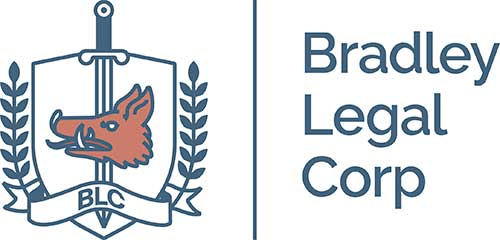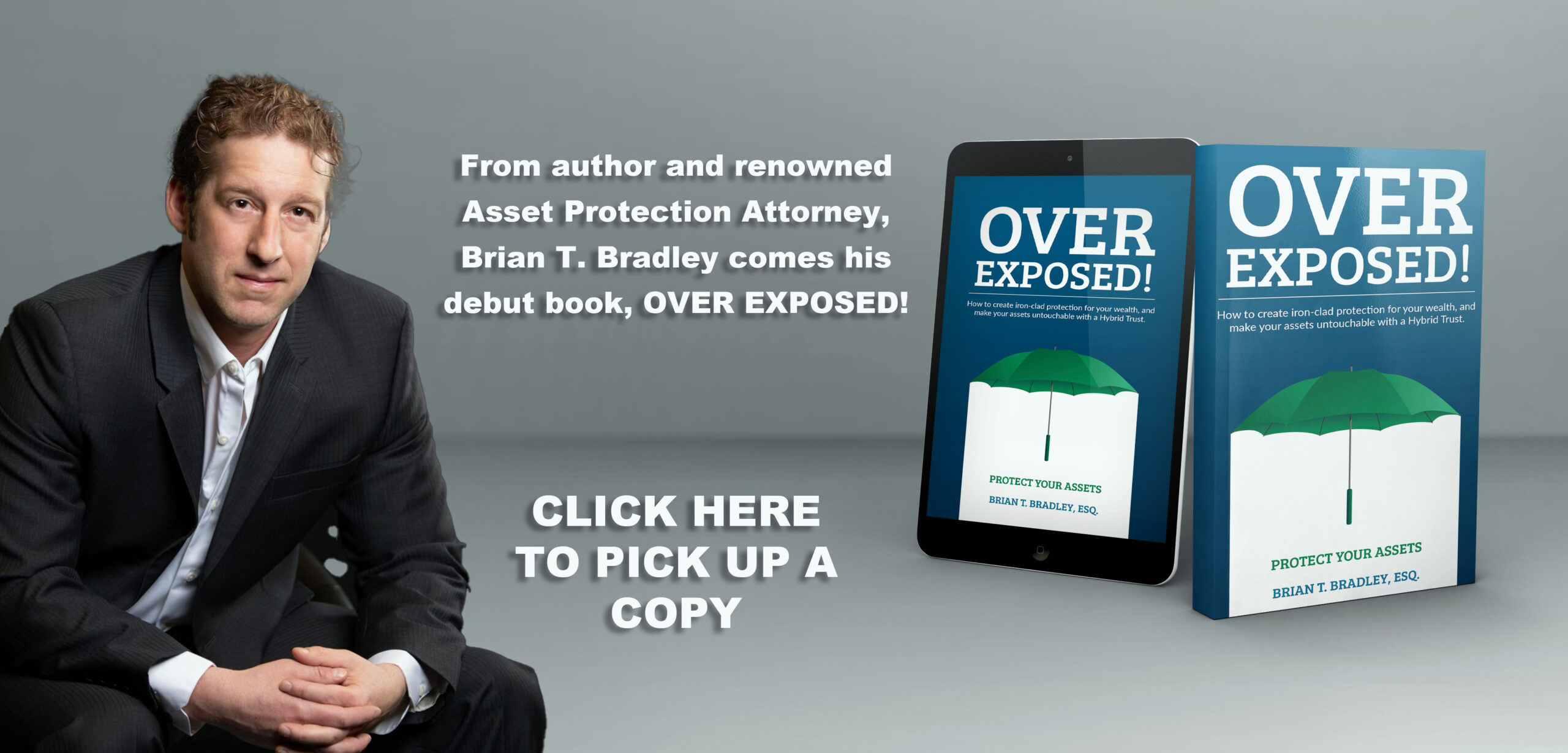We have seen an explosion in the asset protection field. Over the last eight years people have realized that traditional estate planning will not protect their wealth from creditors and fraudulent lawsuits. They are realizing that their wealth is fragile and with the litigation nirvana in the U.S. one lawsuit can completely wipe them out.
But how do you go about finding an attorney to help set up an asset protection plan? What criteria and questions should you ask when vetting the attorney? Should cost be the only determining factor? Should simply having a law degree and passing the state bar exam be enough?
How much does it cost?
I get this question a lot “How much do you charge?” Often it is the only question they care about, and the only thing they listen to during the entire initial consultation. If you are purely price shopping, most experts will be out of your price range. What you are looking for is “value.” True value comes with peace of mind. You are not looking for just cheap. What you should be looking for with an asset protection plan is value. Meaning a plan that accomplishes your objectives and works the way you intended. At the end of the day you get what you paid for, sometimes that’s good, sometimes its not. At the end of the day, the plan needs to work if and when it is challenged in court.
A CLE course does not make a specialist
When it comes to looking for specific attorneys, you will see that a lot of attorneys are just tossing out the word “asset protection” on their website after taking a few continuing legal education (CLE) courses. This does not make them qualified to implement the appropriate tools and strategies to fit your need and will be filled with potentially fatal flaws. For example, I take a lot of CLE courses on various areas of law outside the scope of my practice. Such as family law and civil liberties rights. I do this to generally stay educated and to help spot issues for clients so that I can get them the help they would need from a qualified attorney who specializes in that area. But I would not jump into a family law case myself. If I did, I would jeopardize my client’s case and create more liability.
I also see a lot of general practice law firms who work in lots of various areas of law advertising as asset protection attorneys. Yet one look at their area of practice on their website shows a wide range of practice areas: Real Estate Law, Business Organization, Estate Planning, Contracts, etc. What this says is that the attorney does not have enough work in any one single area or category of law to have a focused practice and they will take anything that comes across their desk. This may work for some areas of law, and in some small towns, but this does not work for Asset Protection Planning. You will need an attorney who has devoted a significant portion of their practice exclusively to Asset Protection Law.
So what are some of the Vetting Process or Due Diligence Questions to Ask? Fellow asset protection attorney Ike Devji who is also an affiliate of Asset Protection Counsel shared some good basic questions to ask:
- Are you a lawyer and or part of an actual law firm?
This is very important because you want to have an “attorney client privilege” established. If you are not talking to an attorney and not talking to a law firm, but rather a sales person, or a legal service provider (legal zoom, or other LLC Mills), they do not provide the skills or training required. More importantly, you would not be protected under attorney client privilege laws and any communication you make with a non-lawyer would then be discoverable during a lawsuit.
- How many clients have you done this specific type of asset protection planning for? This question speaks for itself.
- What is the average net worth and client you work with?
This may sound like a strange question, but different lawyers and plans are for a different client profile. You want to work with a lawyer and firm that has a depth of experience with your needs and who work with businesses and assets and families like yours. For example, if you are a medical doctor, you will want to ask how many doctors they have as clients. If you are a real estate investor or developer you will want to know how many clients are in the real estate industry.
- How many areas and types of law do you practice and how long have you been practicing Asset Protection as a part of your practice?
You want somebody experienced. Lawyers are increasingly specializing, yet some are general practitioners with a general working knowledge of a variety of concepts. For example, I am a civil litigation attorney with a focus on asset protection planning. My civil litigation practice also supports the asset protection planning for those who are being sued and the plans challenged in court. If you talk to a general practice attorney, you will want to know what affiliate law firm they work with in their network that exclusively focuses on asset protection planning.
- Have you written anything or talked on this topic?
If your asset protection attorney is partially qualified, they will have extensive educational materials describing the tools they use and what they do. They will have material they can send you that will help educate you. Do they have pamphlets, articles, are they published, have they done any educational teaching or been featured on any forms of media? What you are looking for is an attorney and firm that is in the business of educating clients on what works, and why and how to use it going forward.
- What kind of results can I expect from this plan?
No silver bullet exists. We cannot stop you from getting sued. Anyone who tells you his or her systems are undefeatable and that the will never be broke is lying and you just need to run away fast. All any firm can do is attempt to achieve a result, and some legal tools are stronger than others.
- What kind of annual or on-going support do you provide?
Hiring an asset protection firm or lawyer is like adding a long-term essential member to your life. It should not be a one-shot stop get in and get out experience. You will have lots of annual legal compliance and moving parts. You are paying someone to build a “legal safe” that is going to hold and protect all your assets and life work. Just like your medical doctor and CPA, this should be an on going relationship. You will want to use their help going forward and to ensure the asset protection planning is being used in the right way. To teach you how to properly open, close and lock the doors when you need to. Just because a box of legal documents and papers got dropped off in your mailbox does not mean they will work or serve you or your family well if they are not properly used and maintained.
Obviously this is not an extensive list, but it should cover the basics and get you thinking or additional questions.
By: Brian T. Bradley, Esq.
HNW – Asset Protection Attorney as featured on:
Simple Passive Cash Flow
https://www.youtube.com/watch?v=-omB8-jY_7k
Old Dawg’s REI Network
Next Level Physicians:


Recent Comments